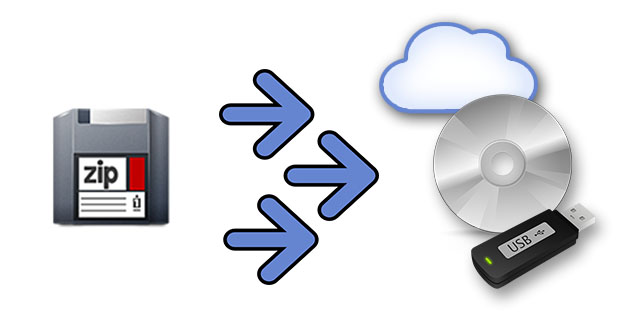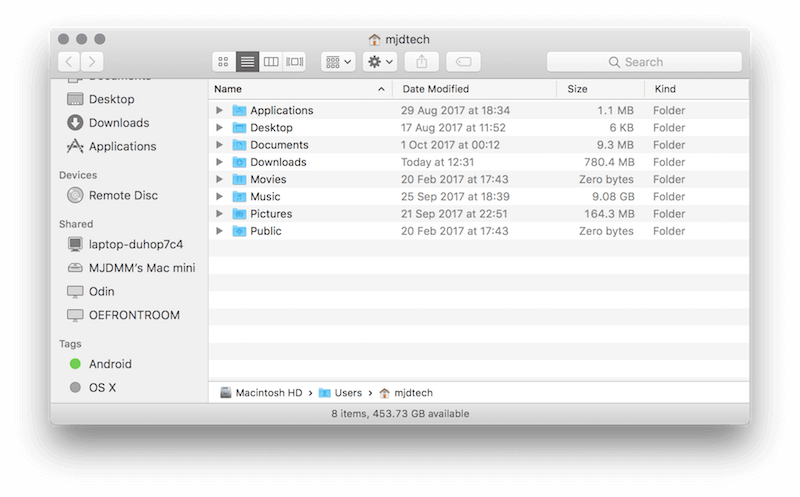
The nickname “floppy” came from the original disk’s flexibility. The first floppy was an 8-inch flexible plastic disk coated with magnetic iron oxide which allowed the computer to read and write data from the disk’s surface. In the early days of computing, in order to transfer data from one computer to another, we used what was called a floppy disk.

This is especially true with data storage methods and devices, as many people today are looking for methods to transfer Zip Disks and floppy disks to their hard drives. The computers and electronics we build today are seemingly obsolete within months. Note that we only backport some performance optimizations and crucial bugfixes but not the new features to that tree.It’s no secret by now that technology evolves at an incredible pace. Which remains under the MIT license, see for more information.
#Zip dtransfer license#
If this license is not acceptable for your use case we still maintain the 4.x version tree Zip_tricks is distributed under the conditions of the Hippocratic License If you want to have your own version, or is otherwise necessary, that is fine, but please isolate to its own commit so I can cherry-pick around it.

To that socket using some accelerated writing technique, and only use the Streamer to write out the ZIP metadata.Ĭrc = ZipTricks:: StreamCRC32. The metadata of the file upfront (the CRC32 of the uncompressed file and the sizes), you can write directly If the write destination for your use case is a Socket (say, you are writing using Rack hijack) and you know
#Zip dtransfer archive#
You do not have to "feed" all the contents of the files you put in the archive through the Streamer object. open ( 'mov.mp4', 'rb' ), zip_body ] Writing ZIP files using the Streamer bypass Out = my_tempfile # can also be a socket ZipTricks:: Streamer. The easiest is to include the ZipTricks::RailsStreaming module into your

Diving in: send some large CSV reports from Rails JRuby might experience problems when using the reader methods due to the argument of IO#seek being limited Ruby 2.1+ syntax support (keyword arguments with defaults) and a working zlib (all available to jRuby as well). Pretty confident it is widely compatible with a large number of unarchiving end-user applications. Zip_tricks currently handles all our zipping needs (millions of ZIP files generated per day), so we are Large ZIP archives without memory inflation. Usable for creating very large ZIP archives for immediate sending out to clients, or for writing Initially written and as a spiritual successor to ziplineĪnd now proudly powering it under the hood.Īllows you to write a ZIP archive out to a File, Socket, String or Array without having to rewind it at any
#Zip dtransfer zip file#
Allows streaming, non-rewinding ZIP file output from Ruby.


 0 kommentar(er)
0 kommentar(er)
